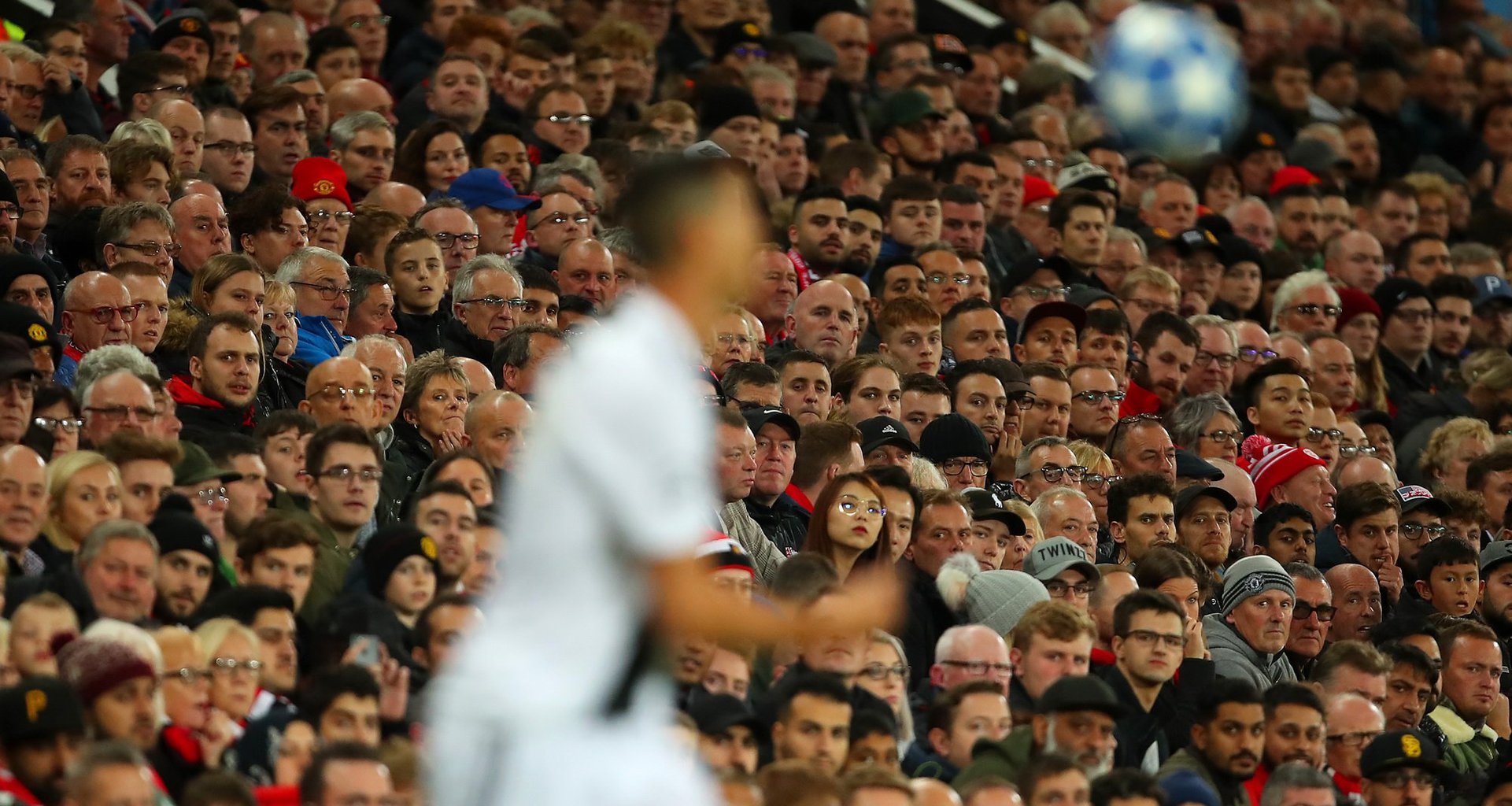Football Leaks is a cross-border investigation into how the secret deals of club officials, leading associations, agents and investors have corrupted the most popular sport in the world.
The revelations are based on research into more then 70 million documents totalling 3.4 terabytes of data - the largest ever journalism data leak.
German news magazine Der Spiegel obtained the information and shared the contents with the partners of journalism network European Investigative Collaborations (EIC), which brought together 15 media from across Europe to review the findings, and expose illegal and secret deals across the football industry. This will form the basis of stories that will appear across EIC network during the following weeks.
What is the source of the information?
About three years ago, a young man from Portugal, known by the pseudonym of 'John', founded a homepage on which he and, as he claims, his comrades-in-arms, publicly posted confidential documents such as player contracts, transfer agreements and sponsorship deals. In February 2016, John turned over a large portion of his documents to Der Spiegel. The German news magazine, together with the research network European Investigative Collaborations (EIC), analysed this this huge cache as a source for what became hundreds of stories.
What has been the impact of Football Leaks?
From December 2016, the partners in EIC Network started publishing a wave of stories under the banner of Football Leaks. The results have rocked the game in Europe. Due to the revelations, former FIFA Best Men's Player Cristiano Ronaldo and several dozen top players had to pay millions in fines and back-taxes. Meanwhile current FIFA Best Men's Player Luka Modric was forced to pay €1.4 million to the Spanish tax authority to escape a criminal prosecution. Further investigations are underway throughout Europe against players, agents, tax consultants, lawyers and officials, on allegations ranging from corruption and tax fraud to bribery.
As a consequence of the expose, the Danish FA has made the regulations for football agents in Denmark stricter to fight tax fraud, a lack of transparency and a failure to protect minors who play the game. In the Netherlands, the Dutch Central Bank investigated the role of Dutch trust offices in football, due to stories from Football Leaks, the Panama Papers and an FBI investigation into FIFA. Owing to a Football Leaks story into how a club in Cyprus, Apollon Limassol, bought and sold players who never even visited the island, FIFA investigated the transfer activities of the club.
Even the European Parliament seized on the revelations - holding a hearing on professional football, where members of the Parliamentary Inquiry Committee into Tax Evasion, Tax Avoidance and Money Laundering put questions to representatives of FIFA, UEFA and the European Football Agents Association.
What is in the new data?
At the beginning of this year, the whistleblower handed over an additional tranche to Der Spiegel. The Football Leaks trove now includes more than 70 million documents and over 3.4 terabytes of information. Around 80 journalists from 15 media outlets in the EIC Network and its collaborators spent eight months researching legal violations and secret deals contained in the data. These stories expose the inner workings of football's multi-billion euro industry, such as the dirty deals of player agents, and revelations into the miscreant behaviour of FIFA officials and UAE-owned clubs such as Paris Saint-Germain and Manchester City. The Football Leaks data also includes evidence of doping, betting fraud, match-fixing and racism.
“All of this has to come to light,“ says John in a recent interview with Der Spiegel's Rafael Buschmann. “The people who truly love football and who constantly pay for it have a right to know how it really works. Football has spun completely out of control.”
How does John comment on hacking allegations?
Recently, there have been reports claiming that football clubs and law firms may have been hacked, and that someone at Football Leaks may have obtained information using phishing e-mails. In John's home country of Portugal, newspapers and television channels have been reporting for months about a case in which leaked data has plunged the country's most popular club, Lisbon's Benfica, into a morass of investigations for alleged corruption, gambling manipulation and bribery. The scandal reaches deep into Portuguese society, with police officers and judges among the accused.
Some media organisations have claimed that Football Leaks is behind the hacking. John, though, says he has no desire to comment on “all the nonsense that gets printed in some newspaper.” He repeatedly stresses that neither he nor any of his comrades-in-arms is a hacker. “We have very good sources and a strong network that provides us with a lot of information,” he says.
Whether or not you believe him, one thing is true: So far, none of John's documents have turned out to be fake. Furthermore, the information has a high degree of social relevance and has revealed criminal activities. Also the whistleblower himself has never tried to determine the direction or the tenor of an article. “We do not spare anyone, we don't work on behalf of an intelligence service, association or player agent and we're not paid by anyone,” says John. He is unwilling to disclose the names of anyone else working on the project.
He knows that lawsuits have been filed against Football Leaks in several countries and that clubs and player agents have hired private detectives to come after him.
“The life of a whistleblower is problematic,” says John. “But, much like Edward Snowden, Chelsea Manning or Julien Assange, we believe in what we are doing and think that this form of disclosure is important to society.”
Opening photo: Manchester United Versus Juventus, October 23, 2018 (Photo by Robbie Jay Barratt - AMA/Getty Images) Via Guliver
